25 Super fruits That Should Be in Your Diet Today
Fruits are nature’s powerhouse of fiber, phytonutrients, vitamins, and minerals. Incorporating a variety of fruits into your diet is one of the healthiest choices you can make. Some fruits even earn the title of “super fruits” due to their exceptional health benefits. While there’s no strict definition, superfoods are typically packed with antioxidants and anti-inflammatory compounds that promote overall well-being. Here are 25 super fruits you should consider adding to your diet:
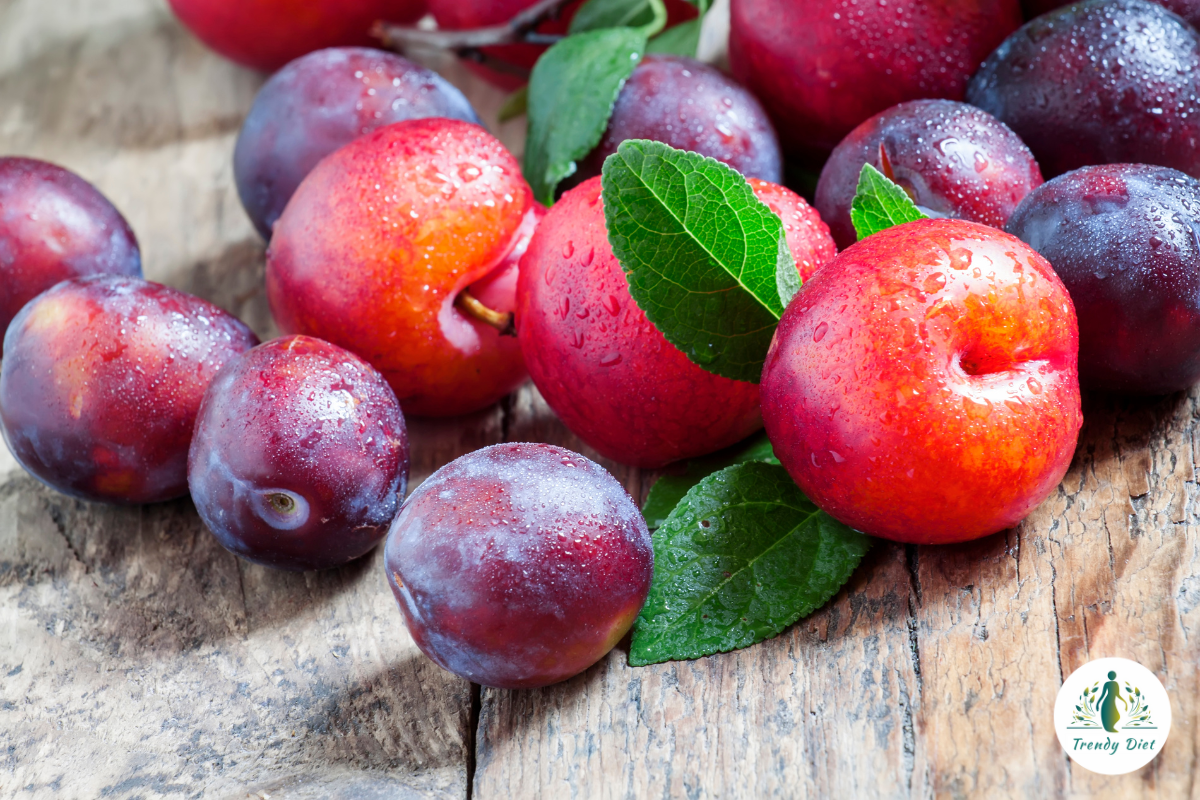
LIST OF SUPER FRUITS
1. Plums:
Bursting with Antioxidants
Plums not only delight your taste buds but are also packed with vitamins, minerals, and potent plant compounds and hence included in our super fruit list. They boast high levels of hydroxycinnamic acids, a powerful antioxidant polyphenol that helps combat cellular damage caused by free radicals. Additionally, plums are rich in vitamin C and provitamin A carotenoids, providing anti-inflammatory and antioxidant benefits.
2. Strawberries:
Antioxidant Powerhouse
Strawberries are a treasure trove of antioxidants, including vitamin C, anthocyanins, phenolic acids, and flavonoids. Research shows that regular consumption of strawberries can significantly increase antioxidant activity in the blood. This delightful fruit may also help lower inflammatory markers and reduce the risk factors associated with heart disease and certain types of cancer.
3. Grapes:
Small But Mighty
Despite their small size, grapes are nutritional powerhouses one of our super fruits. Different grape varieties have varying levels of antioxidants, with Black Pearl, Summer Royal Black, Pearl Green, Seedless Green, and Seedless Red grapes leading the pack. These grapes are rich in antioxidants like caffeic acid, epicatechin, catechin gallate, protocatechuic acid, gallic acid, and rutin. Regular consumption of grapes has been associated with a lower risk of heart disease and certain types of cancer.
4. Peaches:
A Flavonoid-Rich Treat
Peaches are not only delicious in pies and preserves but also a concentrated source of the antioxidant flavonoid. Studies have shown that a higher intake of foods rich in flavonoids, like peaches -super fruits, is linked to a lower risk of mortality from all causes, including cancer and heart disease.
5. Avocados:
Creamy and Nutrient-Rich
Avocados are a creamy delight packed with vitamins C and K1, good fats, potassium, magnesium, folate, and fiber. Research suggests that incorporating these fatty fruits into your diet can help lower blood sugar levels, reduce weight, and mitigate risk factors for heart disease, such as LDL (bad) cholesterol.
6. Blueberries:
A Well-Known Super fruits
Blueberries are renowned for their incredible health benefits. They are particularly rich in anthocyanins, plant pigments that constitute up to 60% of their total polyphenol components. Consuming fresh blueberries regularly is associated with a lower risk of heart disease, type 2 diabetes, and slower rates of mental decline in older individuals.
7. Cherries:
Nature’s Anti-Inflammatory
Cherries are a potent source of anti-inflammatory compounds, thanks to their high vitamin C content and polyphenol antioxidants. Studies have shown that consuming cherries, including their juice and powder forms, can lead to reduced blood pressure, lower VLDL cholesterol, and improved blood sugar control.
8. Grapefruits:
Nutrient-Dense Citrus
Grapefruits can supercharge your diet with essential nutrients. Studies involving over 12,000 individuals have shown that those who consume grapefruit have higher intakes of magnesium, vitamin C, potassium, and fiber. Additionally, women who include grapefruit in their diet tend to have lower body weights, reduced triglyceride levels, and higher levels of HDL (good) cholesterol.
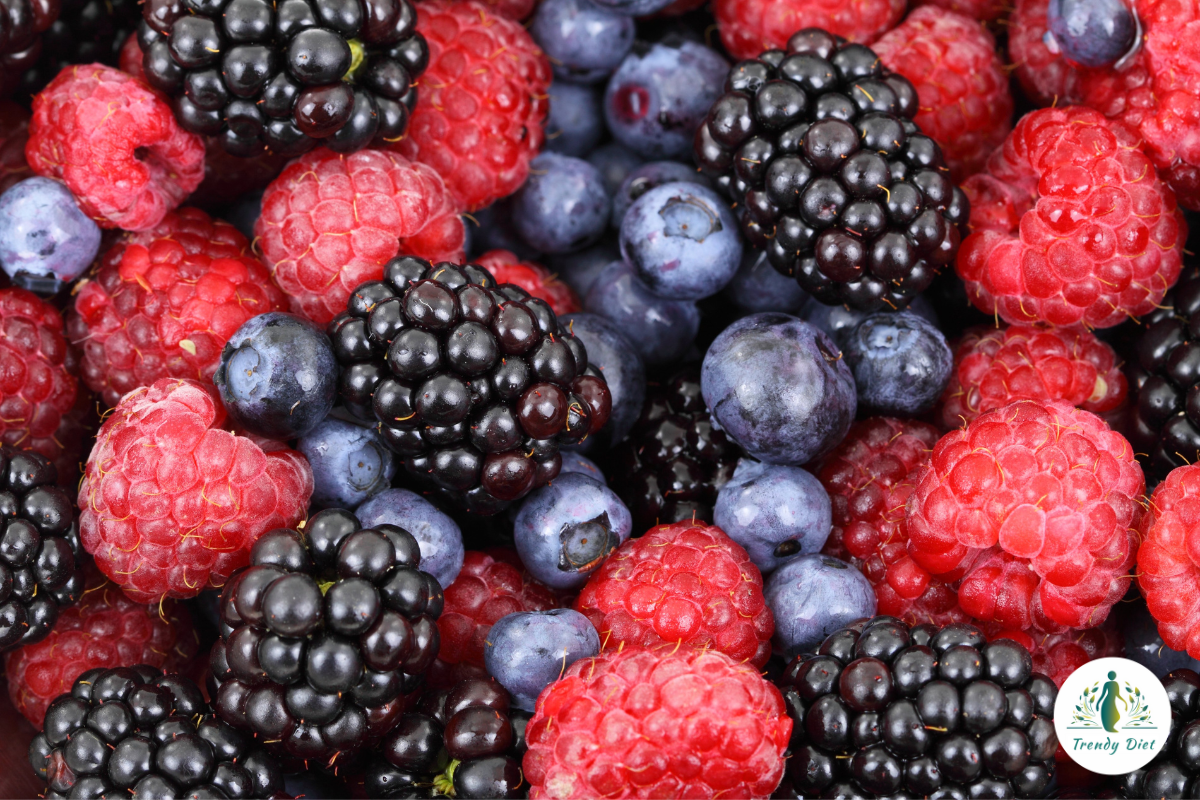
9. Blackberries:
Rich in Anthocyanins
Blackberries are packed with anthocyanin pigments, making them a powerhouse for your health. A study involving participants with elevated blood fat levels found that daily consumption of blackberry juice and pulp led to significantly lower blood pressure and CRP levels, along with higher levels of HDL (good) cholesterol compared to a control group.
10. Figs:
Nutrient-Dense Delights
Figs are a nutrient-dense fruit, providing a rich source of magnesium, potassium, calcium, vitamins B6 and K1, and fiber-super fruits. They are also loaded with polyphenol antioxidants, surpassing even red wine or tea in terms of beneficial chemicals per serving.
11. Raspberries:
Fiber and Antioxidants Galore
Raspberries are among the top sources of fiber in the fruit and vegetable category and are also rich in polyphenol antioxidants. Though more human studies are needed, research suggests that consuming raspberries may lower the risk of heart disease, type 2 diabetes, and Alzheimer’s, based on test-tube and animal studies.
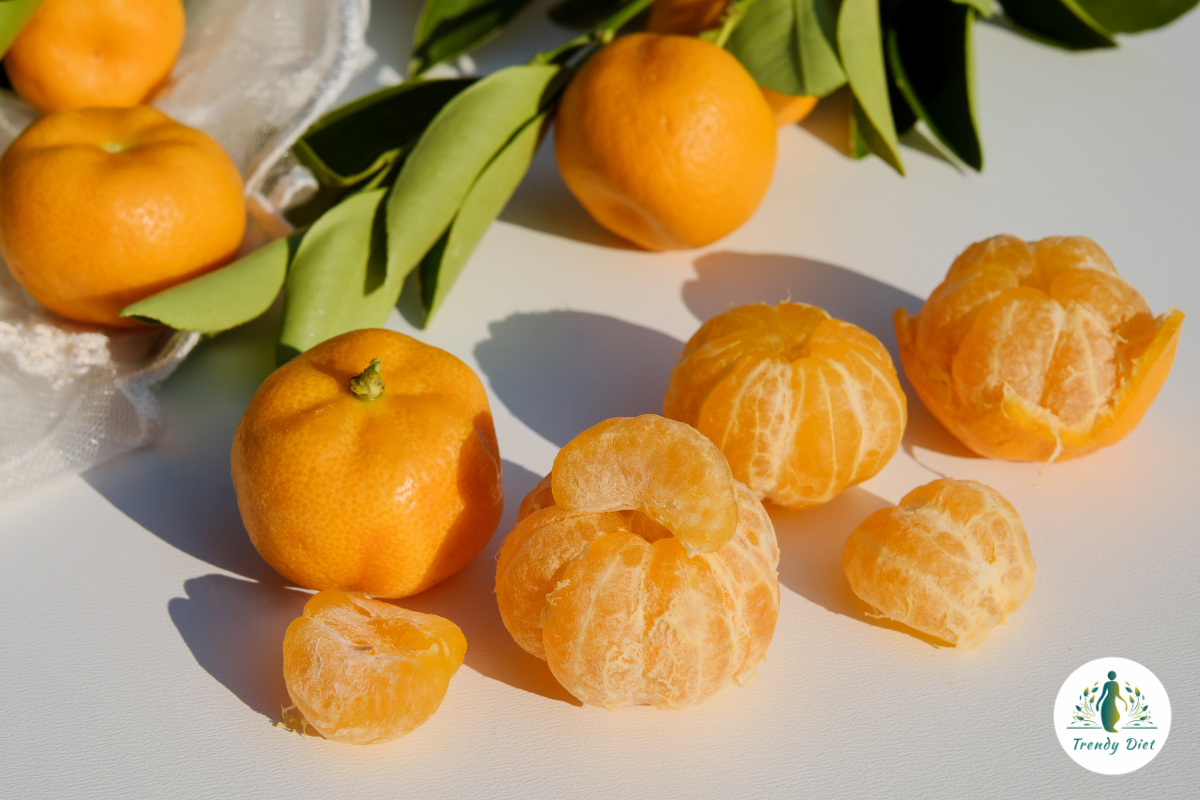
12. Blood Oranges:
Scarlet Antioxidant Boosters
Thanks to their high anthocyanin content, blood oranges offer a sweet taste with a scarlet rind. They’re also packed with vitamin C, a potent antioxidant and water-soluble vitamin. In fact, a serving of blood oranges can provide 35–47% of your recommended daily intake of vitamin C.
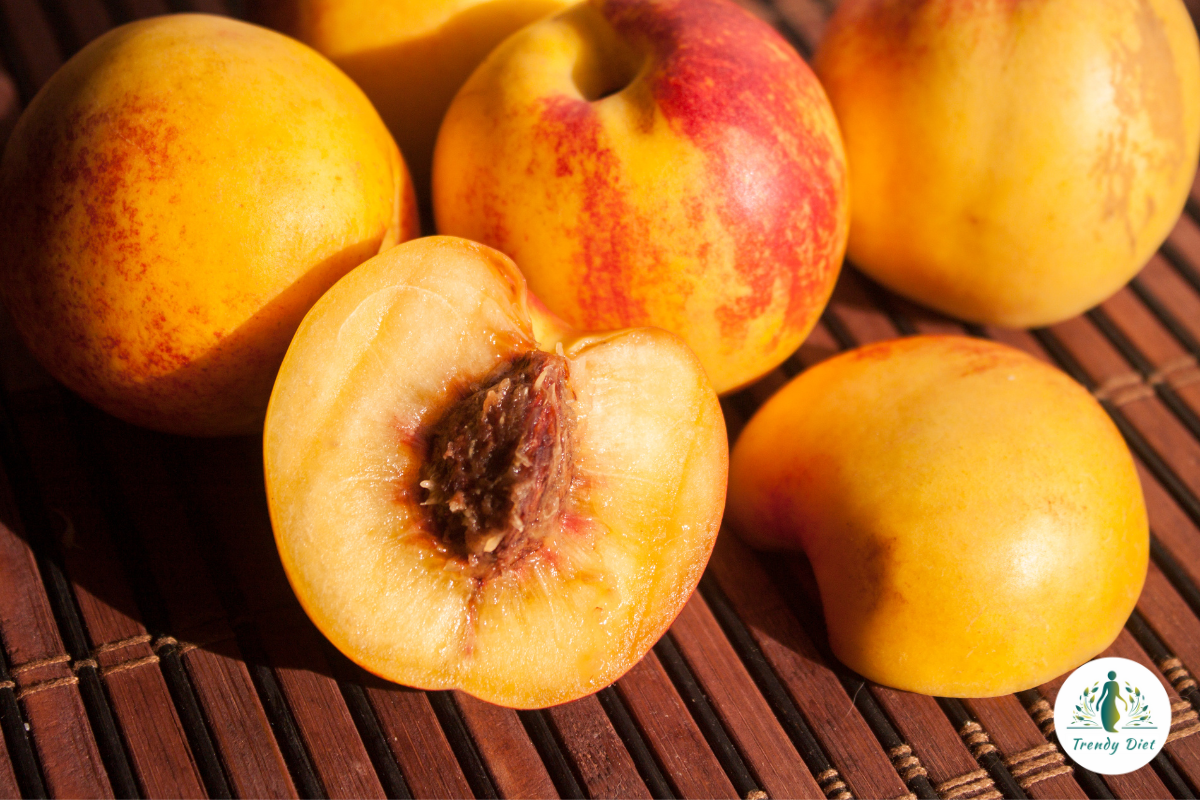
13. Nectarines:
Beta-Carotene Bliss
Nectarines are loaded with vitamin C, beta carotene, and various antioxidants. Beta-carotene-rich fruits like nectarines may help lower the risk of disease and premature mortality. Studies involving over 174,000 people have shown that a higher intake of beta carotene significantly reduces the risk of all-cause mortality.
14. Pomegranates:
A Storehouse of Antioxidants
Pomegranates have been extensively studied for their numerous health benefit,included in super fruits list. Their high antioxidant activity is attributed to compounds like ellagitannins, anthocyanins, and organic acids. Human research suggests that pomegranate juice and extracts may help reduce oxidative stress, blood pressure, LDL (bad) cholesterol, triglycerides, inflammation, and muscle damage.
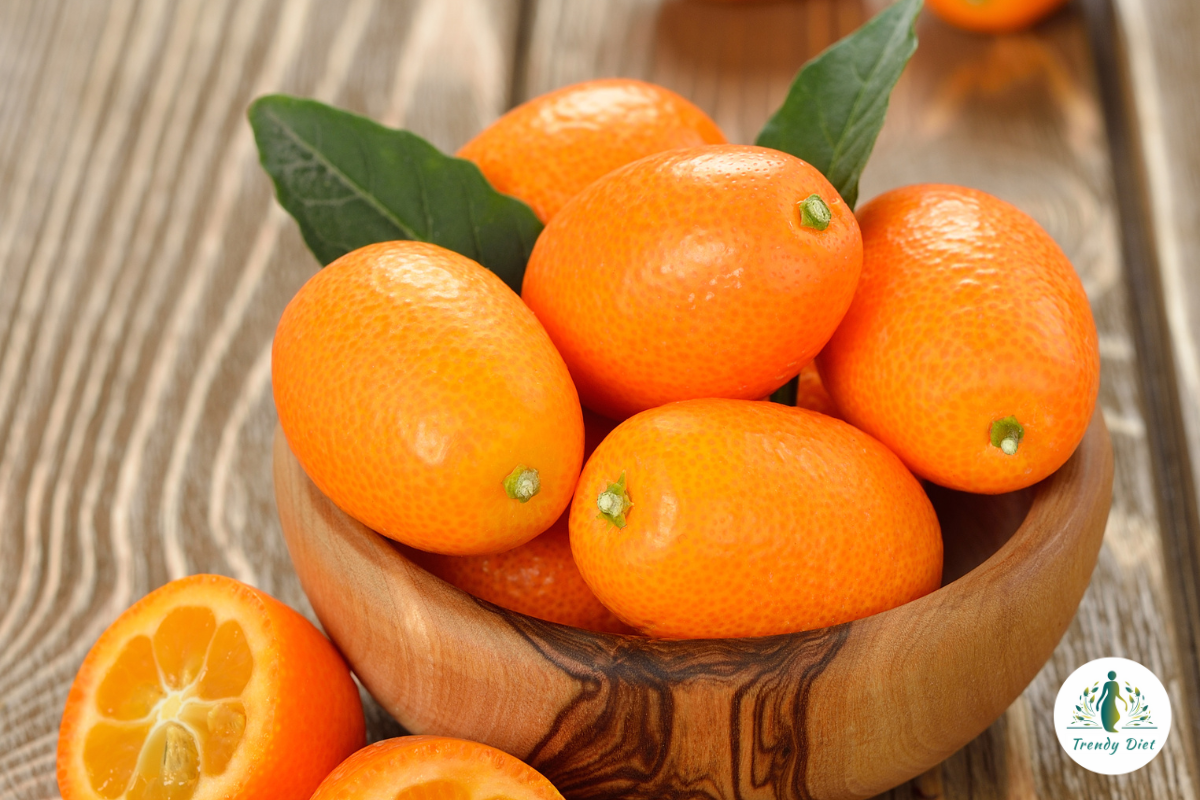
15. Kumquats:
Tiny Citrus, Big Health Benefits
Kumquats may be small, but they’re rich in plant chemicals and minerals beneficial for your health, including carotenoids, polyphenols, and vitamin C. Indigenous to China, they have a long history of use as a home remedy for inflammation, coughs, and colds.
16. Mangoes:
Tropical Delights with Antioxidant Power
The vibrant yellow color of mangoes is a testament to their high carotenoid content, including lutein, alpha carotene, and beta carotene. These antioxidants, along with gallic acid, quercetin, and ellagic acid, contribute to mangoes’ protective properties. Additionally, mangoes are rich in fiber, supporting regular bowel movements and intestinal health.
17. Goji Berries:
Ancient Asian Super fruits
Originating in Asia, goji berries have been used for centuries to support well-being and longevity. These small berries are rich in antioxidants, particularly carotenoid pigments, phenolic compounds, fiber, and polysaccharides. They may promote eye health, reduce blood fat levels, and offer immune-boosting, anti-cancer, and brain-boosting qualities.
18. Cranberries:
Tiny Berries, Big Health Benefits
Cranberries are packed with healthy plant components. Eating cranberries and cranberry products may reduce specific blood fat levels as well as having anti-inflammatory, antioxidant, antibacterial, and anti-diabetic properties, according to studies on humans and animals. Opt for low-sugar or unsweetened cranberry products to reap the greatest benefits.
19. Lemons:
Zesty Citrus with a Nutritional Punch
Lemons are not only versatile in cooking and beverages but are also rich in vitamin C, essential oils, and polyphenol antioxidants. Studies suggest that daily lemon consumption, combined with physical activity like walking, may help lower blood pressure. In addition, lemon extracts show potent anti-inflammatory, antioxidant, antibacterial, and anti-diabetic characteristics.
20. Papayas:
Tropical Powerhouses of Nutrients
Papayas are bursting with tropical flavor and are high in potassium, folate, vitamin C, and provitamin A. They also boast a wealth of antioxidants, with lycopene taking center stage. Regular consumption of lycopene-rich fruits like papaya may offer protection against cancer and heart disease. Notably, lower lycopene levels are associated with a higher risk of mortality.
21. Watermelons:
Hydration and Nutrient Boost
Watermelon is a hydrating fruit, rich in fiber, vitamin C, provitamin A, and other antioxidants. It exhibits potent anti-inflammatory, brain-protective, and liver-supportive activities in animal experiments. Moreover, watermelon is the top food source of l-citrulline, a precursor to nitric oxide, essential for blood vessel expansion. Human studies link watermelon consumption to reduced blood pressure.
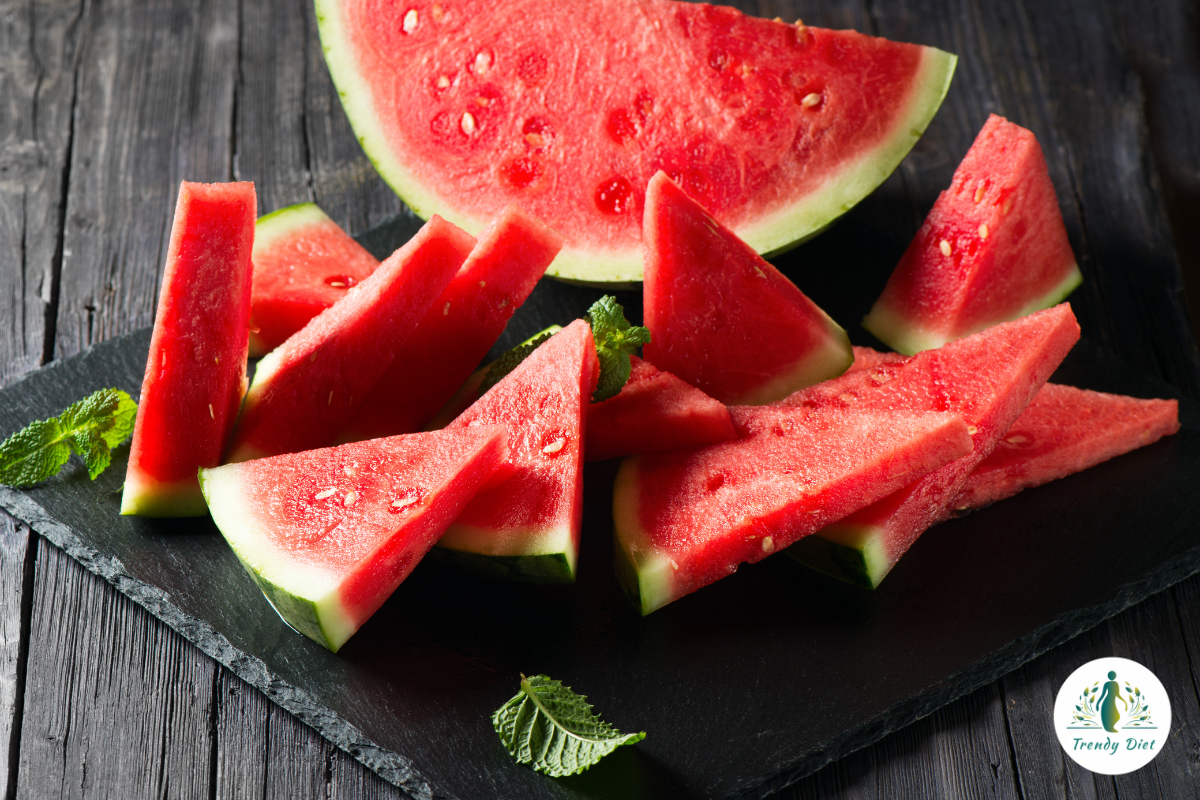
22. Acai Berries:
The Brazilian Super fruits Sensation
Acai berries have gained popularity, especially in the form of acai bowls. These berries are rich in polyphenol antioxidants, providing a range of benefits. Acai berries and their juice are associated with increased blood antioxidant levels, defense against cellular damage, and lower levels of blood lipids, blood sugar, and insulin in humans.
23. Guavas:
Tropical Powerhouses of Nutrients
Guavas are tropical fruits that pack a nutritional punch. They are rich in vitamin C, fiber, and various antioxidants. In fact, guavas provide more vitamin C than many citrus fruits. Regular consumption of guavas can boost your immune system, improve digestion, and support heart health.

24. Kiwifruits:
Tiny but Nutrient-Dense super fruit
Kiwifruits are small in size but big on nutrients. They are a fantastic source of vitamin C, vitamin K, vitamin E, and potassium. Additionally, they are loaded with fiber and various antioxidants. Kiwifruits support immune function, aid in digestion, and contribute to healthy skin.
25. Pineapples:
Tropical Delights with Enzymatic Power
Pineapples are tropical fruits known for their sweet and tangy flavor. They are a great source of vitamin C, manganese, and bromelain – an enzyme with anti-inflammatory properties. Pineapples can aid in digestion, boost immune function, and promote healthy skin.
Incorporating Super fruits into Your Diet
Including these super fruits in your diet can provide a wide range of health benefits. Whether enjoyed fresh, blended into smoothies, or incorporated into various dishes, these fruits offer a delicious way to enhance your overall well-being.
Remember to consult with a healthcare professional or nutritionist if you have specific dietary concerns or health conditions. Enjoy the vibrant array of flavors and nutrients that these superfruits have to offer!